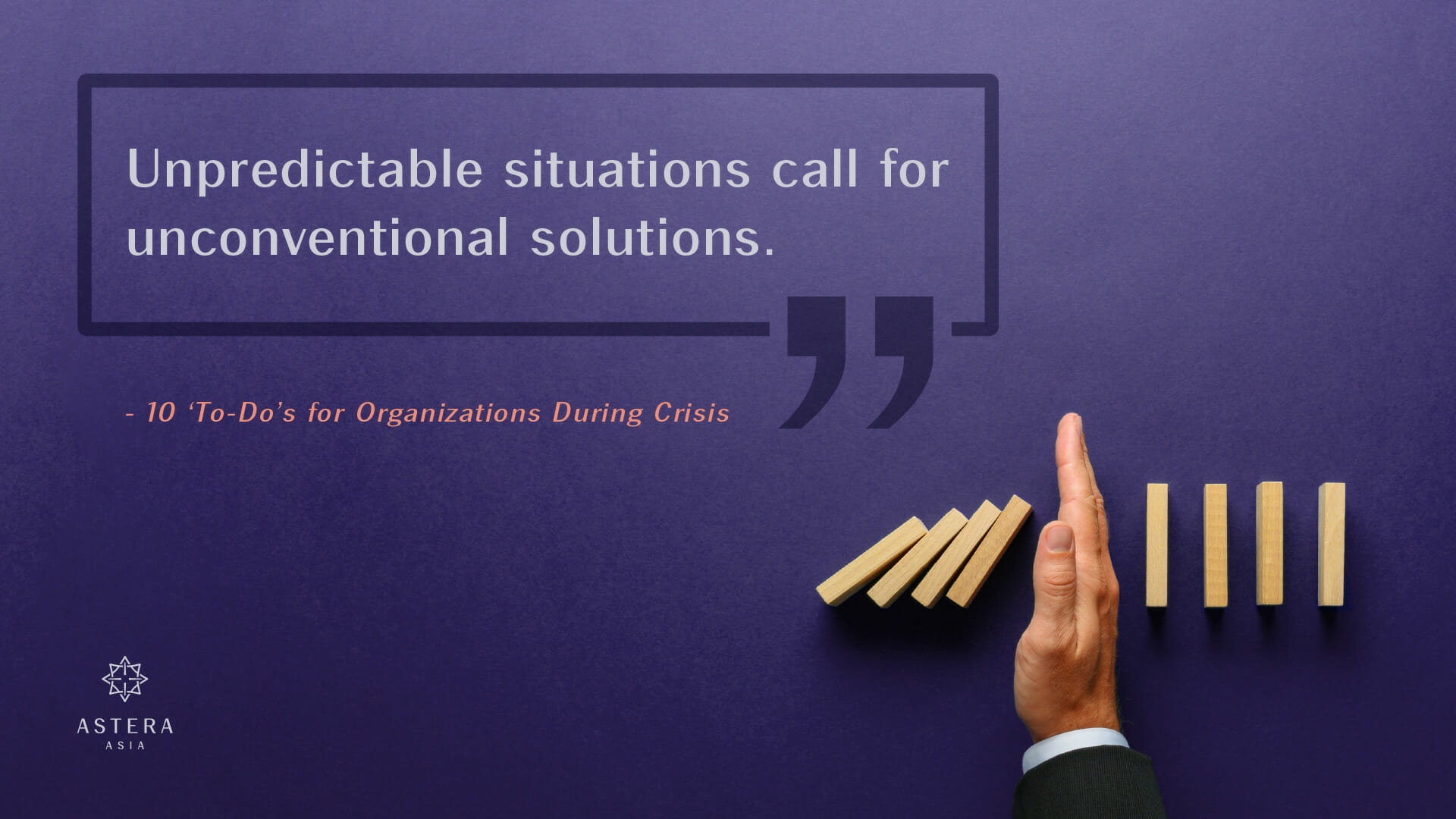Graceworks reached out to us for advice for young adults who are entering the workforce so that they don’t get swallowed up in the rat race. We were honoured to contribute the following article that was originally published here.
The workplace can be an exciting environment, full of opportunity, possibility, and connections. However, it can also be daunting, chaotic, and stressful. When entering the workforce, taking steps to prepare can go a long way in starting strong and sustaining well. If you’ve been at it for a while and are feeling worn down, it may help to take a step back and recalibrate.
Because every work experience is different, there is no simple formula to follow. Instead, by reframing how we look at work and our purpose for being there, we can go to our jobs with a clearer focus of what it looks like to be a Christ follower, glorifying God and being a blessing right where we are.
1. Start with Identity
Every aspect of a Christian’s life is meant to be worship, so how is your work an act of worship to God? As a Christian, how you view the purpose of work will dictate what you look for in a job, your reasons to stay, and your rationale to leave.
Remember that the title ‘Christian’ identifies who you are and a job title identifies what you do. It’s often easy to mix up the two or even make the ‘doing’ more important than the ‘being’. Are you a Christ-follower who just happens to be an accountant or an accountant that just happens to be a Christ-follower?
In bouts of stress, you may feel stuck, as if you don’t have a choice to be there, and you’ve lost control over your life. But by rooting your identity first and foremost in Christ, you put the power and control back where it belongs.
2. Choose Up Front
Decide up front if what you want is a career or a job. Do you want your occupation to be a means to an end or is it the end itself? As a job, you clock in, do what you have to with God-fearing excellence, clock out and then spend your free time on what you’re actually passionate about — causes, hobbies, etc. As a career, your job is what you’re passionate about and so it’s less compartmentalized, freely flowing into other areas of your life.
This upfront decision is crucial. Work is time consuming, it’s territorial and, moreover, it’s tough. The decision is less about the actual vocation and more about the role you want ‘work’ to play in your life. There is no right or wrong answer but jumping without having decided if it’s a job or a career can lead to frustration and mismanaged expectations.
3. Identify the Purpose
A job has to be about more than the money, and even more so for believers, as we aim to live life for Kingdom purposes. So what is it that God has purposed for you, at this job, in this season?
Is there something to learn, skills to hone, perspectives to broaden, relationships to build, or opportunities to witness for Christ?
Whether it’s a job or a career, God has purposed something in our particular vocation and it is our responsibility as Christians to steward that purpose well. Consider what you are working towards in this job and what you want to take away when you leave.
4. Define the Season
With a purpose identified, you’ll need to define the season. Whether it’s by time, achievement, or life stage, the season will come to an end, hopefully having accomplished the purpose.
The Bible talks about man planning his way but the Lord directing his steps (Proverbs 16:9) and the need to count the cost of following Christ (Luke 14). We have a responsibility to prayerfully think through where we’re going and what it’ll take. As we move ahead, we remain open to the Holy Spirit to guide and direct.
Take ownership of your part in this. Many people find it easier to abdicate the decisions of their career to whatever happens in their company or environment, “well, if the company decides to do this, maybe I’ll do this” or “if they promote me, I guess I’ll stay”. That’s not taking ownership. Taking ownership means that God’s plans and purposes lead your work direction, not the company, your colleagues, or your boss.
5. Know Your Stance
Set a moral code for yourself and make sure it’s done up front. If you don’t define it yourself, it’ll be done for you.
We think it goes without saying, being morally conscious, because most of us live in societies where you can just trust the systems in place. But what happens when there is no common moral baseline? What about the grey areas?
Based on your faith and convictions, you need to articulate those black-and-whites for yourself. Compromises can be made in the subtlest of ways. You have to know within yourself at what point you will walk away.
6. Learn to Discern
One of the best examples in the Bible of faith at work is the story of Daniel. In the story, Daniel shows us what it looks like to wisely discern situations. Further to having a code for yourself is knowing the best way to uphold it in various situations.
Sometimes we are called to take a firm stance, to speak up against an injustice or boldly speak truth. However, as we see in Daniel’s example, far more frequently, we are called to play within the system. That is not to say that we stay silent and passive but, with clear guidance from God, Daniel was able to bring about change and justice from within the system.
There is a time and place for each of these two ways and the key is to discern when each is appropriate. In stubbornly choosing the same way every time we become inflexible, making it difficult for the Lord to use us as He sees fit.
May the favour of the Lord our God rest on us; establish the work of our hands for us — yes, establish the work of our hands. (Psalm 90:17)





